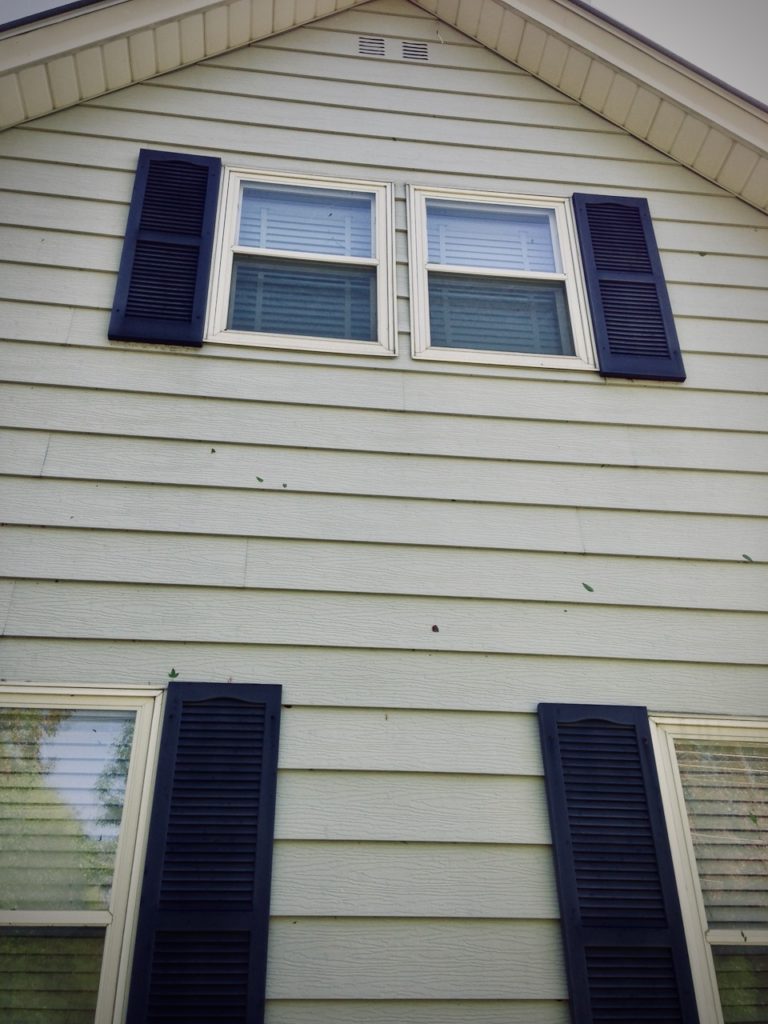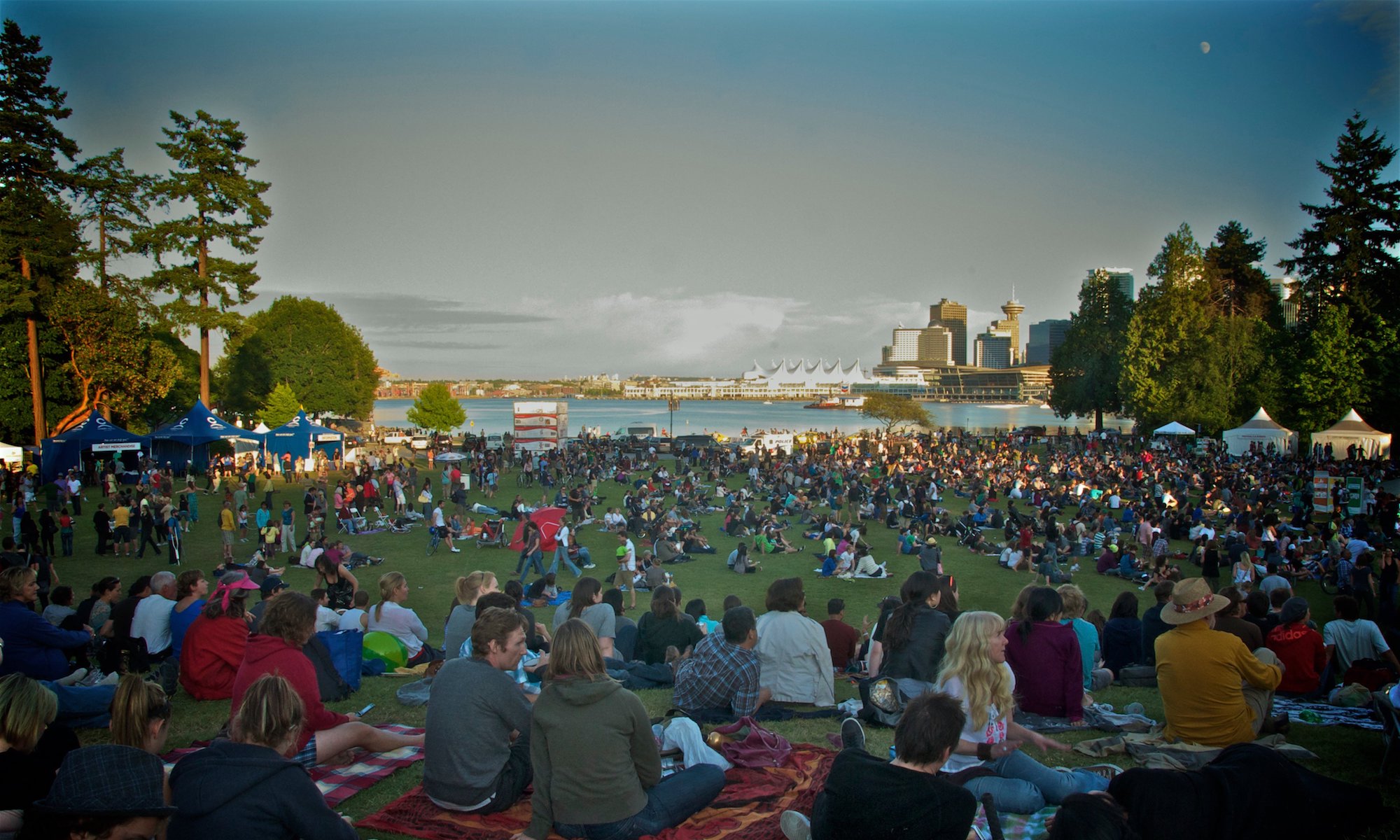
January 17, 1991
I was 12 years old, laying on the floor as the afternoon sun faded away and doing my homework for my 6th-grade reading class for the next day.
The workbook was this stapled-together, quarter ream of light green pages that consisted of various English comprehension skills. I don’t recall it being difficult but do remember having that “big kid” feeling of being proud to have homework for school the next day.
Mike was 26 and talking through a tape recorder that we had started to use to send letters back and forth with. People had been doing that for years, but this cassette was almost two weeks old and from a land that I had a tough time understanding.
My oldest brother was talking about how things were going for him in the UAE.
Some months before that, my dad and I dug into the, dated but still relevant, collection of encyclopedia books in our house that they bought some time before my memories begin. At that point, these books might have been considered to be on the edge of being outdated, but I trusted those books with my fair share of reports that spared me having to go to the library up until that point. And sure enough, those musty books had information about the United Arab Emirates, and Mike was about to be stationed there with his Air Force squadron.
He went to college with the intent of enlisting to become a pilot, and I was always in such awe with all things military.
We have a deep history of people in my family who served in almost all branches of the armed forces, but Mike was the first one in ours.
Growing up as a kid in the wanning days of the Cold War and having other kids in the neighborhood with similar history in their extended families, the threat of conflict was always there. It became a fascination.
We grew up watching G.I. Joe and Transformers on television, seeing this eternal conflict going on between the two sides of good versus bad with all of these cool weapons, lasers, tactics, and clever dialogue.
It was almost like everything we saw on the nightly news, but you could actually see the fighting.
And no one died. Just like on the evening news.
I’d gather with my neighborhood friends to go play outside, often doing something that related to the various toy guns we all owned. We’d have cap guns to something that looked just like a real gun except for it being made out of plastic with an orange plastic cap on the end of the barrel, which black model paint made easy work to give it a more “real” feeling.
In fact, we loved playing games that involved guns so much that we’d dig through the firewood piles and find pieces of wood that looked like a gun. With a little imagination and some mouth-made sound effects, you had a gattling gun or a badass laser blaster in a matter of seconds.
We never played “Cops & Robbers”. We played “War”.
And when we played War, it was like playing tag and yelling “Not it!” as soon as you possibly could.
“We’re the Americans!”
“Nuh-uh! We’re the Americans! We were the Russians last time! It’s your turn!”
Those games eventually gave way to other boyhood interests, like baseball and riding our bikes around town, and just as those days faded away, Mike was finishing ROTC and training to become a pilot.
He’d come home with some of his textbooks from school, and they were mesmerizing.
There was one book with a maroon cover that was all about the differences and smiliarties of American and Soviet military hardware. Divided up in sections, comparing our nuclear missiles to their nuclear missles. Our tanks to their tanks. Our warships to their warships. Stats, measurements, and a figure of a human being for scale.
That book ended up staying at our house since he didn’t need it after the course was completed, and I looked at it often. I knew all the jets, helicopters, and missles for a long time.
It was all just so cool to look at, study, and, essentially, memorize.
And after all of that studying that Mike did with books like this, he got his wings and found himself stationed in a Europe that suddenly found itself without the Soviet Union in existance anymore.
No Russians, no war, no problems.
But now, Mike was in the UAE.
I was still a little too young to understand what was going on, but the president was trying to help the people of Kuwait after Iraq had invaded. Mike had to go there to help because that was his job.
We had phone calls and letters, but these tapes made it a little more easier to feel like the distance between him and us wasn’t so great. You could hear his voice and have him tell stories in ways that couldn’t be conveyed in a way that written words could.
There was also a concern about the security of sending written letters because they could be intercepted by “the enemy” and translated for anything that would help them.
One day, an official letter from the government came to our house, warning us, the family of an enlisted serviceman, to be aware of potential mail bombs that could be sent to us, disguised as a parcel from our loved ones stationed overseas in this conflict.
This was a part of war that I was completely unprepared for. Someone from way over there wants to send something that could blow my hands off or, worse, kill me, just because my brother is halfway around the world.
Mike confirmed the letter as being legit and that there were people caught digging through trash at his base, looking for return addresses from discarded envelopes or packaging for this specific purpose.
And then some weeks later, there arrived an envelop in our mailbox with no return address.
I got my dad, and Dad did what he does.
He took the envelop, put it on the dinning room table, and carefully used his pocket knife to fillet open the envelope, cutting very shallowly along the sides so we could open it like a book, the theory being that if you were to pull the letter out of the envelop normally, you might trip some sort of detonating mechanism.
But it was just a chain letter. A single sheet of paper with something at the end about not having good luck if you didn’t send it on to several more people and no clues as to who sent it.
The whole situation was overwhelming. From excitement to fear to anger, I remember those range of emotions and also feeling so scared that my dad might lose his life opening a stupid letter.
I don’t think Mom was home at the time because she would have been furious with us.
And back on that night in 1991, both Mom and Dad weren’t home. It was just me inside an otherwise empty house, laying on the living room floor, listening to the latest tape from Mike in the UAE, doing my homework, and CNN on the TV with the volume turned all the way down.
Mom was just down the street, doing some late-night work at the family business. Dad worked the second shift at the post office and wouldn’t be home until almost midnight. Those years, I wasn’t a stranger to being home alone and taking care of myself. That was just life during that time.
And hanging out with the tape recorder, Mike was walking around his base, talking about various things that were so foreign to my young mind. Things about all the sand that gets everywhere, walking between his bunk and the mess hall, passing by the generators that kept the air conditioning units running, and the constant sound of aircraft passing overhead, sometimes with play-by-play about what you were hearing.
He’d also mention something about “kings”, which blew my young, naive mind that someplace besides England had kings.
It was good to hear his voice while also getting harder and harder to bear because the talk of war was escalating. After that letter about mail bombs came, my concept of war was quickly losing its shine.
You could also hear it in his voice. Mike missed being home. Whether that was on the European or North American continent, you could always feel his yearning to be home at the end of every tape.
The winter sun was long gone, I had finished my homework, and the tape stopped almost around the same time. That meant I could watch TV now.
I looked up at the screen from a spot from the rug on the living room floor.
It was a grainy mix of dark and light green scenes of a city skyline with bright white tracers being shot into the night sky. The graphics on the screen said, “LIVE” and “Baghdad”. Thousands upon thousands of these white orbs are being shot into the sky with even brighter flashes every few seconds.
I turned the volume up, but stayed on the floor.
I looked at the screen. Something seemed to take over my body, and I couldn’t find a way to move from that spot.
All I could think about was my brother.
This was war. Real war. And it was happening live on the television that brought Saturday morning cartoons into my life.
And then I thought about mail bombs and got more scared because if they didn’t like it when my brother was just there in the UAE, what would they do now?
Were they already here? If I stand up, will they see me through the living room windows?
The phone rang, making me jump and sending a shiver through my chest.
I got up and answered it with a shaky voice, and it was my other brother, Matt, calling from college. I didn’t dare look out the windows.
Matt asked if we were watching the news. I told him I was, but Mom wasn’t home.
“Are you okay?”
“…no…”
Matt hung up with me and called Mom down at the office. She came straight home.
We watched the coverage the rest of the night in her bedroom, eventually her convincing me to go to bed before dad got home because I still had to go to school the next day. With Mike flying cargo planes, we knew he wasn’t directly involved with anything we were seeing happen “live via satellite”.
I knew that was true based on studying that book he brought home from college.
It’s safe to say that my fascination faded after that night and for many years to come, always searching to understand why these things happened in the past so we can never forget why these horrible things should remain a memory into the future.
